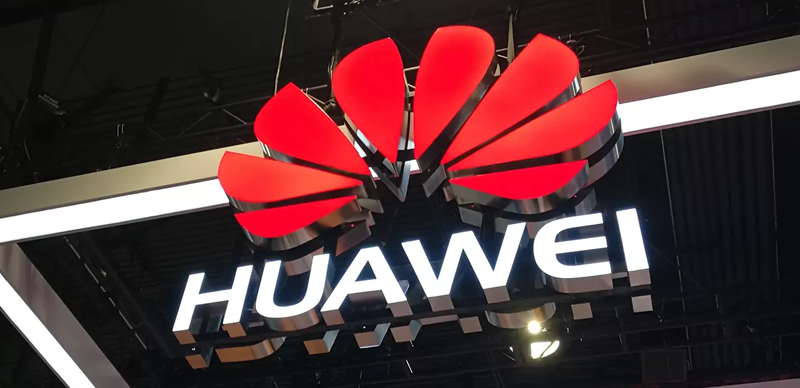The Technical Working Group of the Nigeria Customs Service’s (NCS) Authorized Economic Operator (AEO) program recently concluded a five-day mission in Johannesburg, South Africa, where they were received by Huawei Technology. This initiative, aimed at enhancing trade facilitation, was made possible through the support of the World Customs Organisation (WCO) and UKAID, collaborating closely with the South African Revenue Service (SARS). The mission serves to bolster the NCS’s capacity for implementing its AEO Program, which is designed to streamline operations and strengthen international trade protocols. The visit reinforces Nigeria’s strategic position in global commerce and aims to improve its economic performance through enhanced customs cooperation.
During the meetings, Penny Bologo, the AEO Lead at SARS, highlighted the necessity of increased collaboration between NCS and SARS to realize an effective implementation of Nigeria’s AEO Program. Recognizing the pivotal roles both countries play in international trade, she emphasized the importance of forming partnerships within the frameworks established by the WCO, particularly the Safe Framework of Standards. This framework advocates for both customs-to-customs and customs-to-business collaborations, laying the groundwork for improved international trade facilitation.
Huawei Technology South Africa expressed strong support for the ongoing collaboration between the NCS and SARS, noting that a robust AEO Program would contribute to enhanced customs compliance mechanisms. Austin Ijeh, Customs Compliance Officer at Huawei Nigeria, praised NCS for its leadership in promoting a business-friendly environment in Nigeria and highlighted the benefits Huawei has experienced from the NCS initiatives. Such recognition underscores the importance of customs support for businesses in navigating international trade.
Further reinforcing the significance of compliance, Assistant Comptroller of Customs Abdulkareem Musa and Olufemi Kukoyi implored local traders to adhere strictly to customs regulations. They pointed out that the success of the AEO Program is heavily contingent on trader compliance, which directly affects the overall efficiency and effectiveness of customs operations in Nigeria. Their remarks were an acknowledgment of the critical link between regulatory adherence and trade facilitation, stressing that robust compliance mechanisms are essential for building trust and efficiency in international trade.
The meeting also provided the NCS AEO working group with valuable insights into how SARS administers AEO benefits, particularly as they relate to Huawei Technology, which is one of the pilot companies for the AEO Program in Nigeria. Studying these practices allows the NCS team to identify successful strategies that can be adapted and implemented back home to enhance the local AEO Program. This knowledge transfer is vital for fostering a culture of compliance and operational excellence among Nigerian traders and businesses.
In summary, the technical exchange between the NCS and SARS, supported by Huawei Technology, exemplifies a commitment to enhancing trade facilitation through collaboration and compliance. With the backing of international organizations such as the WCO and UKAID, Nigeria is positioning itself to better integrate into the global trade environment. The enthusiasm expressed by both the NCS and SARS reflects an understanding that successful trade facilitation relies on mutual support and collaboration among customs authorities and the business community, reinforcing the idea that a coherent and effective AEO Program is crucial for national economic advancement.














